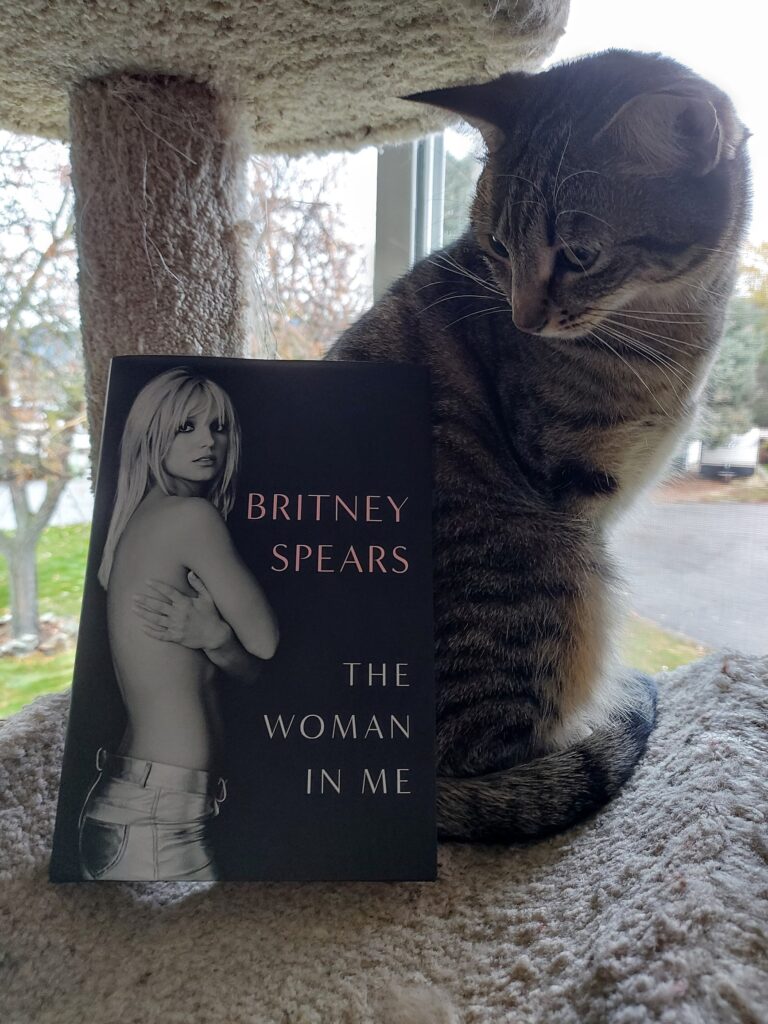The Vaster Wilds by Lauren Groff
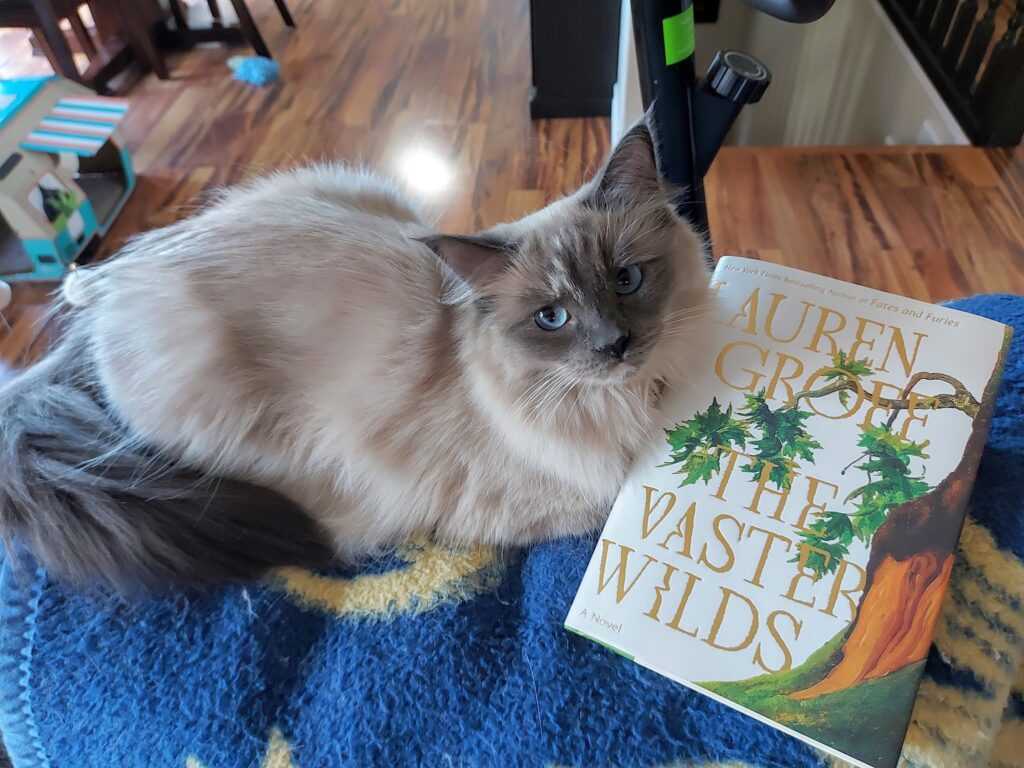
The Vaster Wilds is Lauren Groff’s latest novel. It is a beautifully written but bleak story about a girl trying to survive on her own in the wilderness. Compared to Groff’s other novels, The Vaster Wilds is a despairing read.
…Learned by Heart by Emma Donoghue
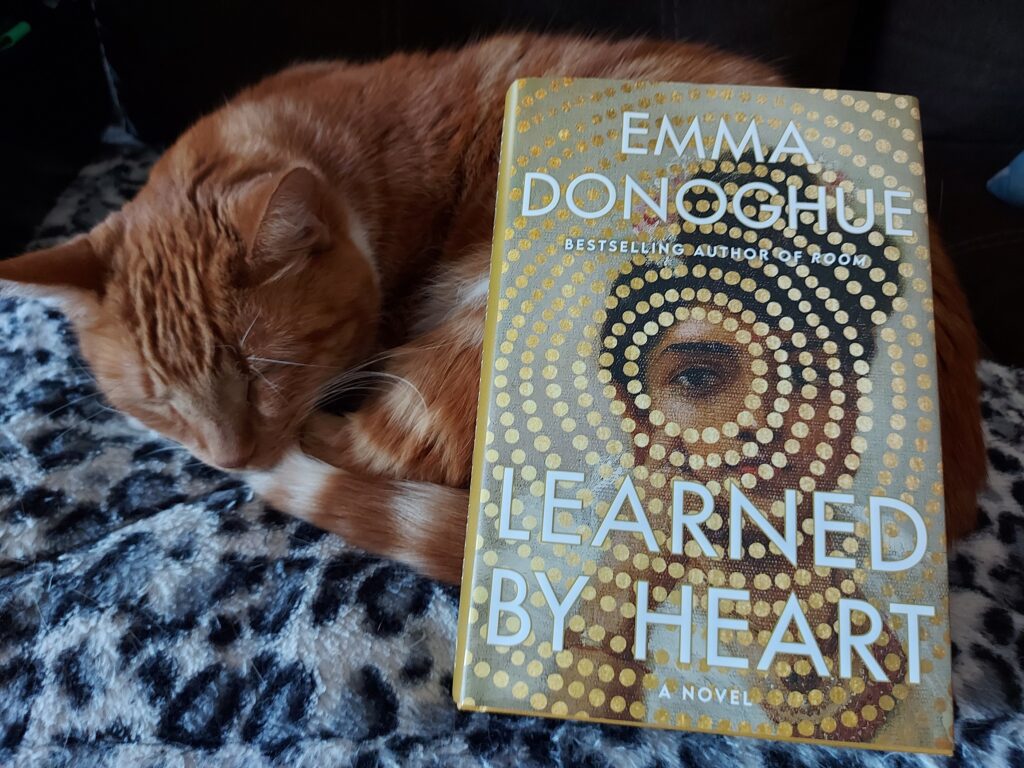
For those of you who have never heard of Anne Lister, she was a woman who lived in the early 19th century and who is known today as a very famous lesbian. She kept diaries written in code, and when the diaries were decrypted after her death, they revealed graphic details of her many lesbian relationships. I first learned of Anne Lister when I watched the BBC series Gentleman Jack, which focused on her relationship with Ann Walker, whom she “married” and was her partner until her death in 1840. Gentleman Jack is a fantastic series, and Anne Lister is a fascinating historical figure in how she openly lived an unconventional life for a woman of her time. She is what drew me to read Emma Donoghue’s latest novel, Learned by Heart, which is a fictional account of one of Anne Lister’s earliest relationships as a teenager with a girl she went to school with named Eliza Raine.
…Murder in the Family by Cara Hunter
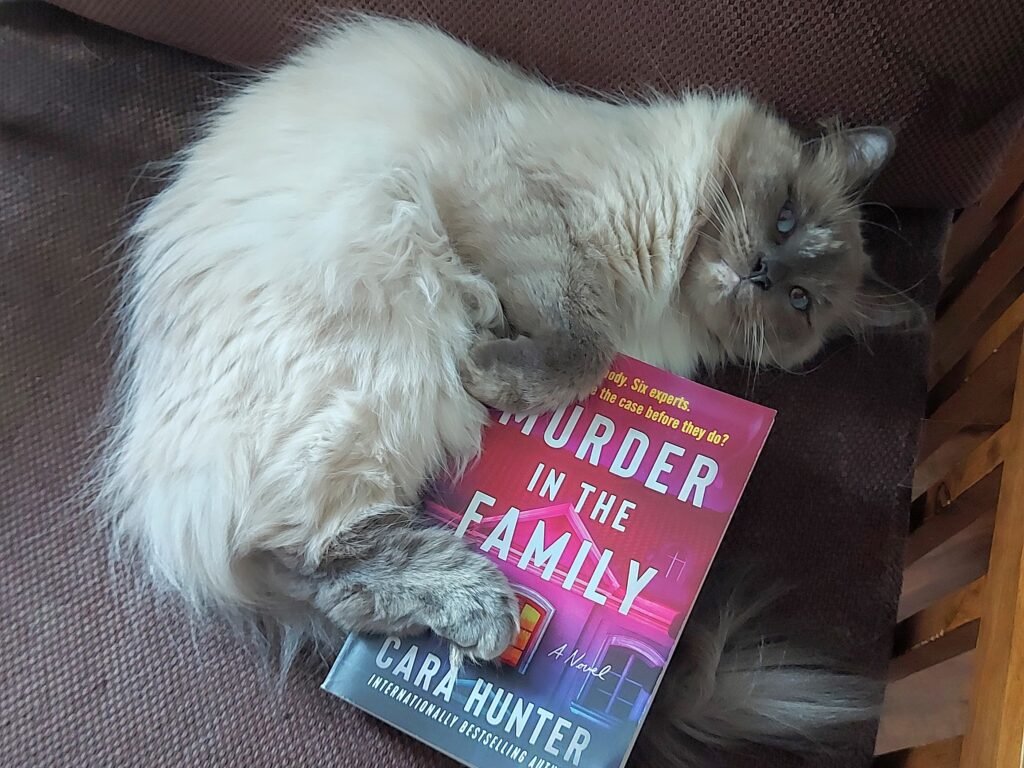
I know I have said that I am not into true crime podcasts or docuseries about serial killers, but novels written in either format do not count. As a voracious reader, I like to switch things up and read different types of novels, such as epistolary novels, novels written as diary entries or recordings, or mixed media novels such as Murder in the Family by Cara Hunter. Murder in the Family is a mystery novel that invites the reader to solve a (fictional) murder. It is a fun read, but unfortunately, I found it way too easy to figure out who was responsible for the murder at the heart of the story.
…Silver Nitrate by Silvia Moreno-Garcia
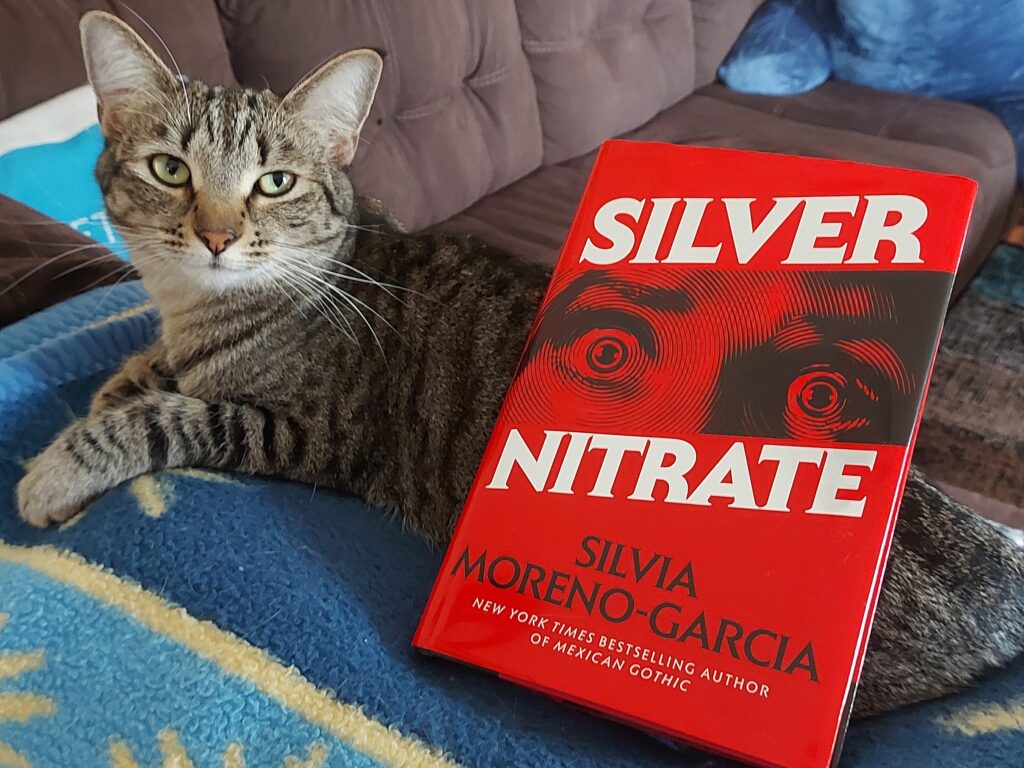
Silver Nitrate is the newest book from Silvia Moreno-Garcia. This is my favourite of her more recent works (Mexican Gothic, Velvet Was the Night and The Daughter of Doctor Moreau). Silver Nitrate pays homage to the golden age of cinema, back when movies were filmed on highly volatile silver nitrate, but it also tackles a part of Nazism that does not get as much attention: the occult.
…The Lost Flowers of Alice Hart by Holly Ringland
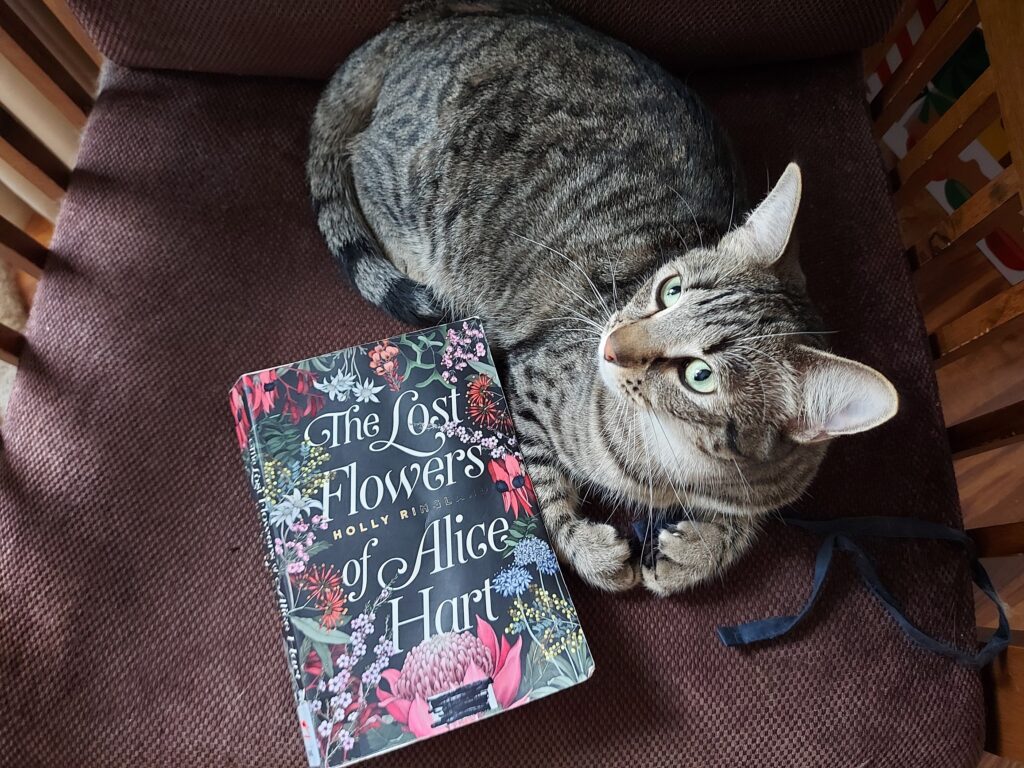
The Lost Flowers of Alice Hart was recommended to me by my husband’s auntie, and she gave me a copy to read. She raved about how the novel’s chapter headings each describe an Australian plant, and how the novel includes illustrations of each plant, but she did not say anything about the plot. I also noticed that the novel has recently been adapted into a TV miniseries on Prime starring Sigourney Weaver. If a novel has been adapted into a movie or TV series, it has to be good, right? Unfortunately, I do not care much for The Lost Flowers of Alice Hart.
…The Dictionary of Lost Words by Pip Williams
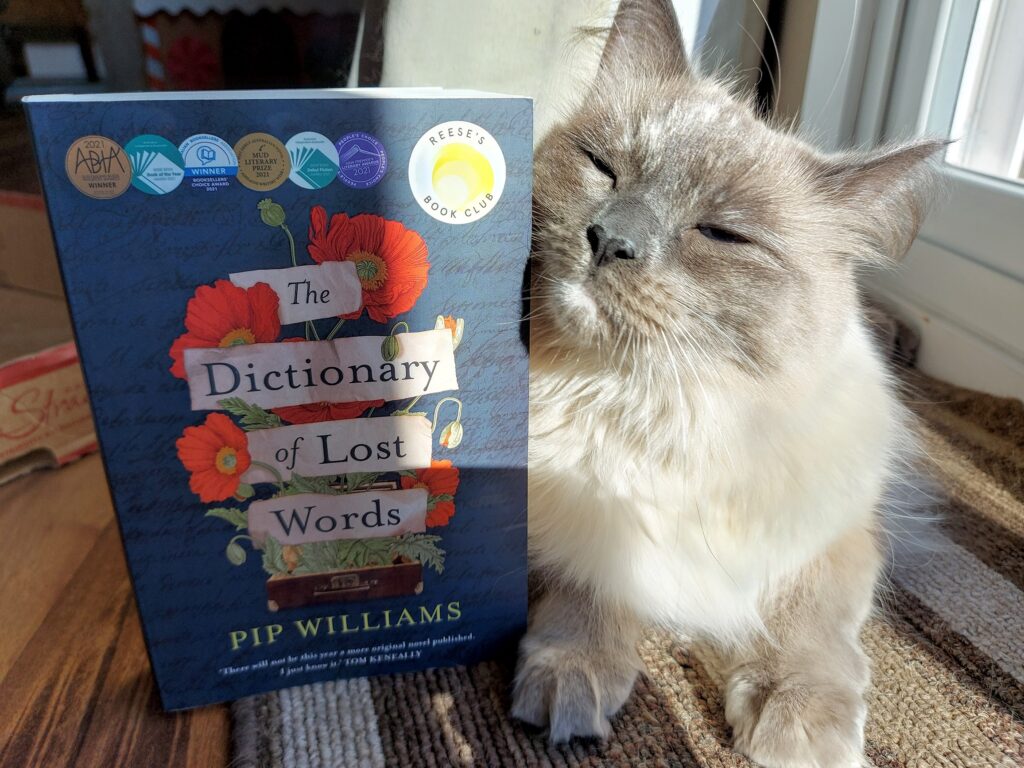
The Dictionary of Lost Words was recommended to me by both of my husband’s parents. I was also looking to read a book by an Australian author (besides Kate Morton) while we were visiting them in Australia. The Dictionary of Lost Words is about the creation of the Oxford English Dictionary, the first edition of which took 71 years (!) to complete, and the gender politics of the time it was being edited and published. It is a very fascinating subject, and The Dictionary of Lost Words is great for fans of historical fiction.
…To Paradise by Hanya Yanagihara
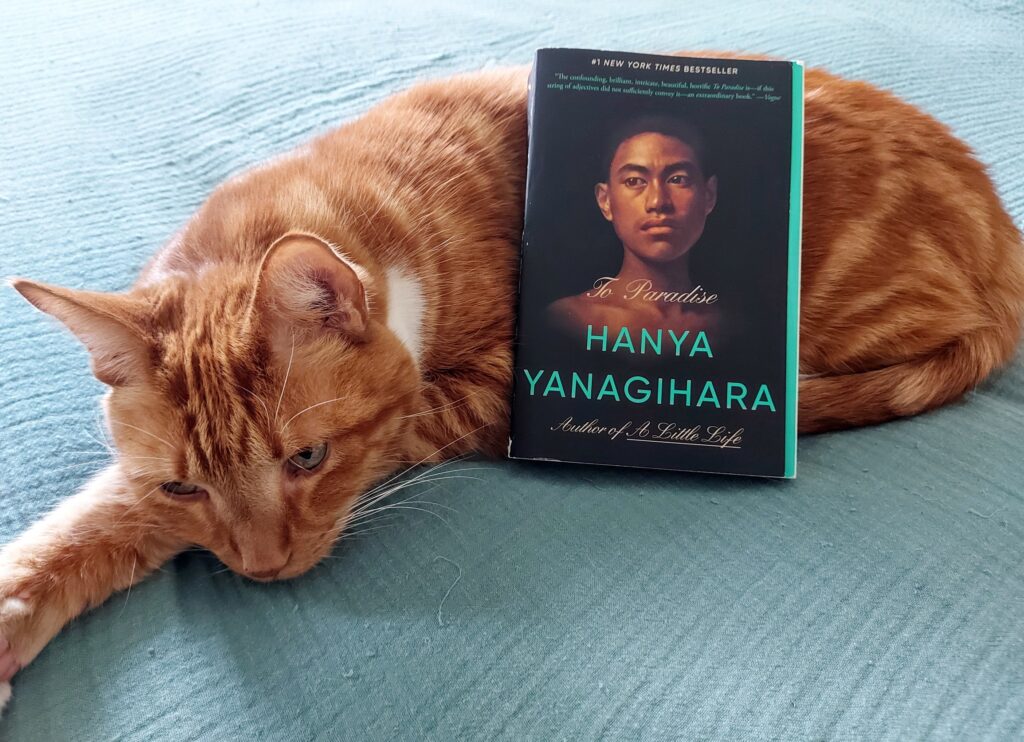
I love Hanya Yanagihara’s A Little Life, so I was pretty excited when I first heard about her follow up novel, To Paradise, until I started reading the reviews on Goodreads, which criticize the novel’s lack of cohesion and even suggest that it is boring. This put me off reading it until the paperback version came out. To Paradise consists of three very loosely connected stories about love, loss and finding one’s own version of paradise, and a Washington Square townhouse. I found the first two stories to be both interesting and boring at the same time, but the third and final story is what makes To Paradise worth reading.
…Their Eyes Were Watching God by Zora Neale Hurston
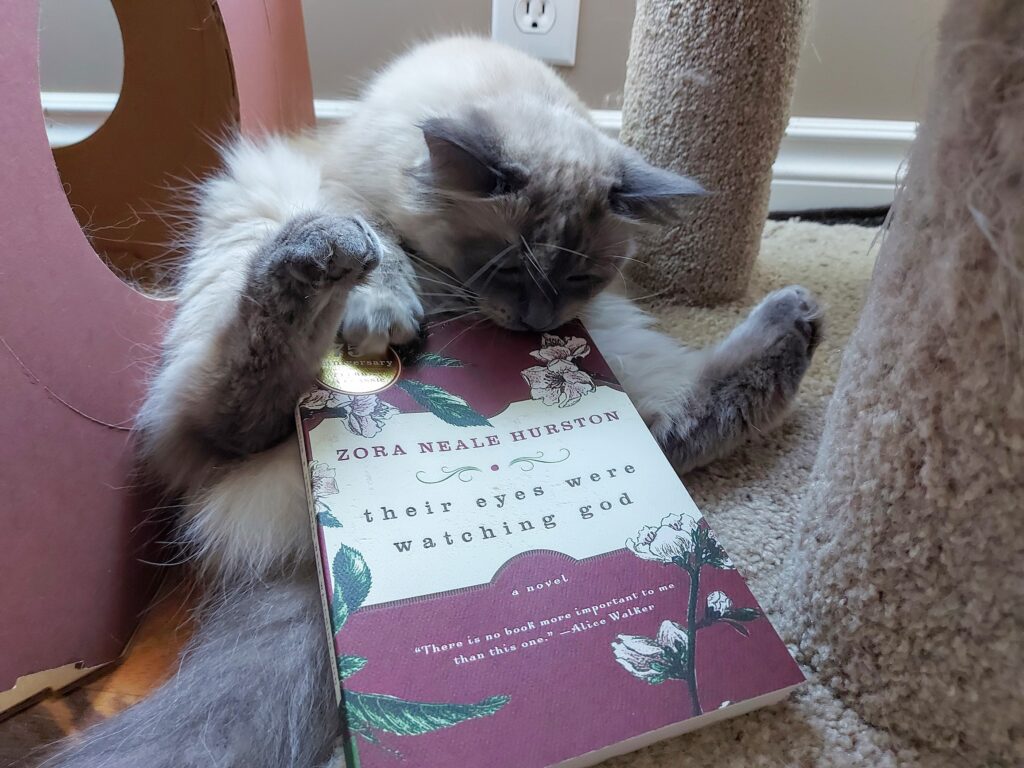
I can understand why the African American classic Their Eyes Were Watching God is considered an important work of 20th century American literature. First published in 1937, it is a novel written by a Black female writer and it tells the story of a Black female protagonist, Janie, from her own perspective, at a time when stories were seldom told from the female perspective, and if they were, it was from a (white) man’s idea of the female perspective. Their Eyes Were Watching God is also mostly told in the Black vernacular, which makes Janie’s story more authentic, but also makes it a more challenging read. I am usually a speed reader, but I had to force myself to slow down while reading this novel so that I did not miss anything.
…Young Mungo by Douglas Stuart
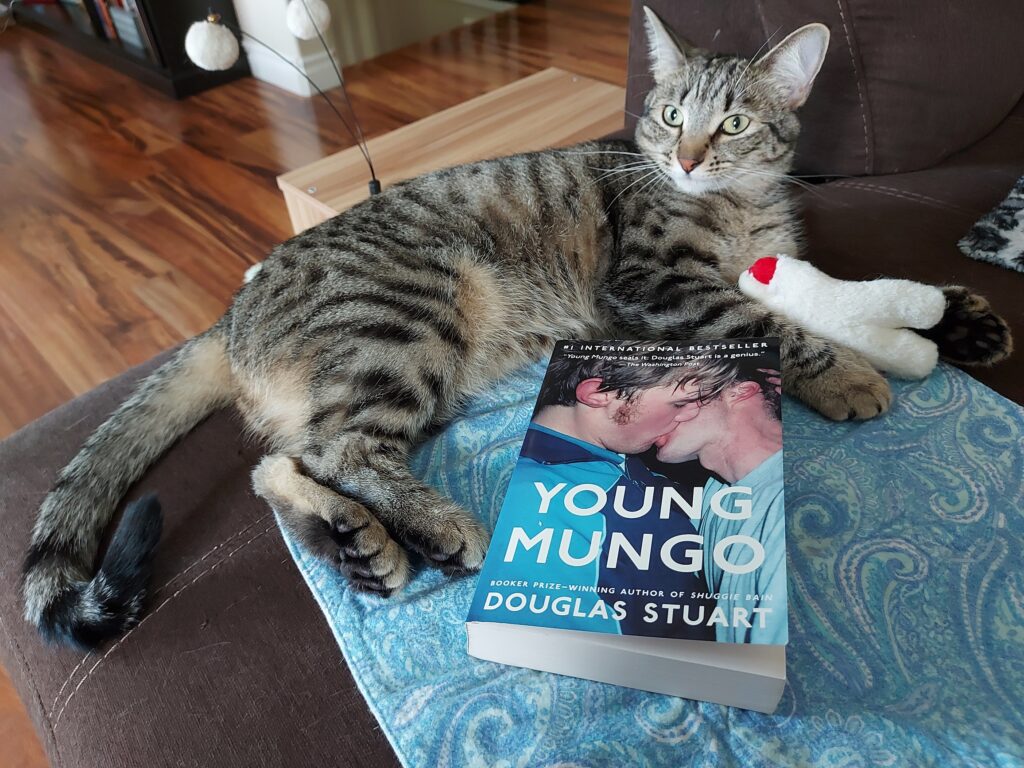
When I first heard about Young Mungo, I thought it was going to be Shuggie Bain Version 2.0. Both novels are set in working-class neighbourhoods in Scotland in the late 20th century and both novels are about a queer boy with an alcoholic mother. However, while Shuggie Bain is by no means full of sunshine and rainbows, Young Mungo is a much darker, violent novel.
…